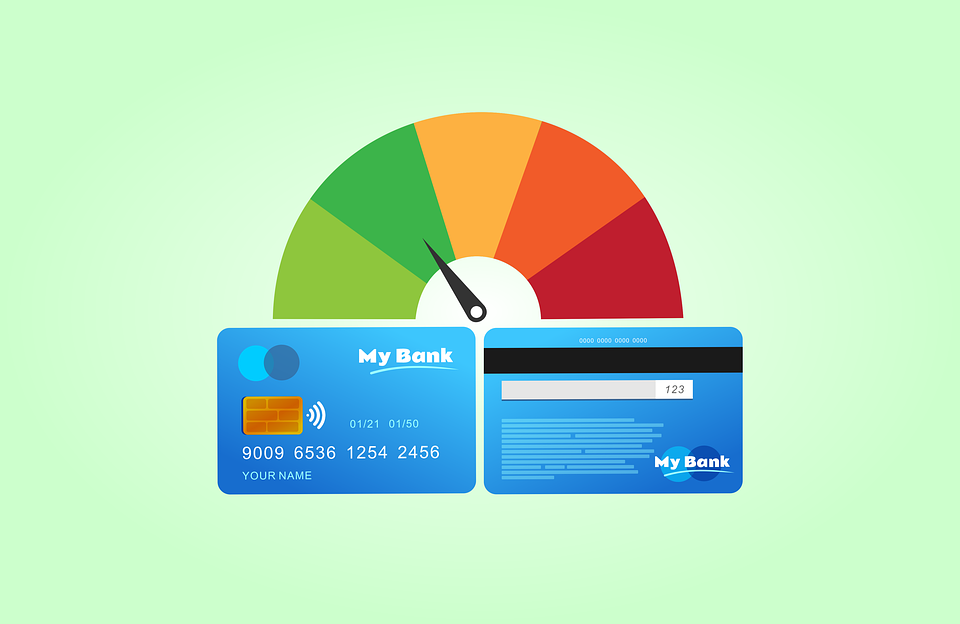Ultimate Guide to Credit
What is Credit?
Credit is a loan of money that is given to you by a lender, such as a bank or credit union. You agree to repay the loan, plus interest, over a certain period of time.
How Does Credit Work?
When you apply for a credit card or loan, the lender will check your credit history to see if you are a good risk. Your credit history shows how you have managed credit in the past, such as whether you have made your payments on time and in full.
If the lender approves your application, they will give you a credit limit, which is the maximum amount of money you can borrow. You can then use your credit card or loan to make purchases.
You will have to pay back the amount you borrow, plus interest, over a certain period of time. The interest rate is the percentage of the balance you owe that you have to pay each year.
Why is Credit Important?
Credit is important for a number of reasons. It can help you:
- Build a good credit history: When you make your payments on time and in full, you are building a good credit history. This can make it easier to get approved for loans and credit cards in the future.
- Get a lower interest rate: Lenders typically offer lower interest rates to borrowers with good credit. This can save you money on your loans and credit cards.
- Qualify for better deals: Some lenders and merchants offer discounts and rewards to borrowers with good credit.
- Rent an apartment or buy a house: Many landlords and mortgage lenders require borrowers to have good credit in order to rent an apartment or buy a house.
How to Build Good Credit
There are a few things you can do to build good credit:
- Open a credit card and use it responsibly: Make sure to pay your bill on time and in full each month.
- Don't max out your credit cards: Only use a credit card for purchases you can afford to pay off in full each month.
- Keep your credit utilization low: Your credit utilization is the percentage of your credit limit that you are using. Aim to keep your credit utilization below 30%.
- Pay down your debt: The longer you carry a balance on your credit cards, the more interest you will pay. Pay down your debt as quickly as possible to save money on interest.
- Pay down your debt: The longer you carry a balance on your credit cards, the more interest you will pay. Pay down your debt as quickly as possible to save money on interest.
The Dangers of Credit
Credit can be a powerful tool, but it can also be dangerous if you are not careful. Here are a few things to keep in mind:
- Credit can lead to debt: If you use credit irresponsibly, you can end up in debt. This can be a major financial burden and can damage your credit score.
- Credit can be addictive: It can be easy to overspend when you use credit. If you are not careful, you can end up spending more money than you can afford.
- Credit can be a trap: If you are struggling to pay off your debt, you may feel trapped. This can lead to stress and anxiety.
If you are considering using credit, it is important to be aware of the risks involved. Use credit responsibly and only borrow what you can afford to pay back. By following these tips, you can use credit to build a good financial future for yourself.

Real Estate Tips
Find Out What It Means to Have No Credit
March 23, 2025Find out what it means to have no credit, the challenges of it and what can do to build your credit from scratch. Having no credit doesn't mean having bad credit. When trying to access financial services…
Read More

Real Estate Tips
7 Easy Ways To Build Your Credit Score for New Home Loan
June 04, 2022This article discusses 7 easy ways to improve your credit score for a home loan, including scanning your credit reports, disputing inaccuracies, clearing delinquent accounts…
Read More

Real Estate Tips
What Credit Score Do You Need to Rent an Apartment in Boston?
September 08, 2021What Credit Score Do You Need to Rent an Apartment in Boston? Your personal credit score affects many spheres of life. Aside from accessible loans and insurance it determines what apartments …
Read More